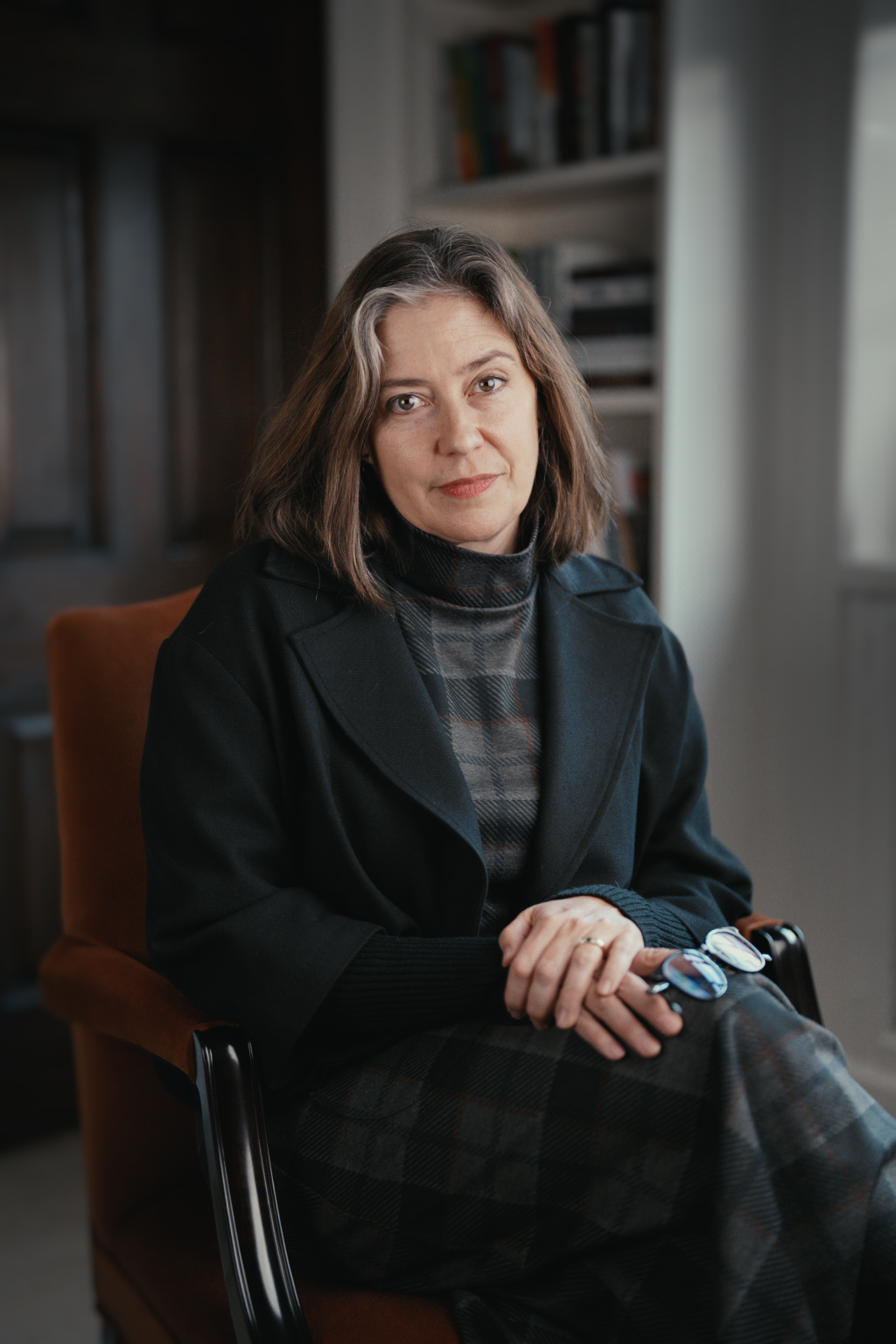Somalia’s Political Paradoxes Forestall Progress and Stability
Somali politicians use nationalism to evade political pressure that seeks to create a more accountable and effective state.

By experts and staff
- Published
Experts
![]() By Michelle GavinRalph Bunche Senior Fellow for Africa Policy Studies
By Michelle GavinRalph Bunche Senior Fellow for Africa Policy Studies
Political developments in Somalia continue to provide regular drama, frequent tragedy, and painfully slow progress toward long-overdue milestones. Earlier this month, the Prime Minister Mohamed Hussein Roble declared the AU Special Representative in Somalia, Francisco Madeira, persona non grata, alleging that Madeira had engaged in acts “incompatible with his status.” Shortly thereafter, President Mohamed Abdullahi Mohamed, known as Farmaajo, declared the PM’s statement invalid, asserting that only the presidency has the power to expel diplomats (a power that has been exercised in the past, notably with regard to former UN Envoy Nicholas Haysom in 2019).
The entire affair is yet another consequence of the profound dysfunction in Somalia’s government, where tensions between the president and prime minister have threatened to divide the beleaguered federal government into literal warring camps. As federal officials fight amongst themselves, al Shabaab continues to attack government targets, murder civilians—including Member of Parliament Amina Mohamed—and organize to take advantage of the drought and conflict-fueled humanitarian crisis in the country that has left millions at risk of acute food insecurity.
Meanwhile, the wheels of progress turn at a glacial pace. The country’s protracted indirect electoral exercise has been underway since July and is still incomplete, further delaying the presidential election, which should have been held before Farmaajo’s mandate expired in February 2021. The AU Mission in Somalia (AMISOM), which has labored since 2007 to provide security to the government, recently transformed itself into the AU Transition Mission in Somalia (ATMIS), as if invoking the word “transition” might hasten the day when the Somali state is able to stand on its own.
The latest developments also serve as a reminder of the complicated relationship between Somalia’s need for international partnerships—necessary to address urgent security and humanitarian challenges—and the frustration that many Somalis feel due to international actors using their country to pursue agendas that have little to do with developing a capable, accountable Somali state. Governmental weakness and elite fragmentation coexist with a politically powerful strain of Somali nationalism. These conditions perversely empower self-interested elites, who can play different external parties off each other to retain political power that has no real connection to the will of citizens. These same elites can often mobilize nationalist sentiment to deny external actors leverage when it suits them. The result is a set of dismal paradoxes: foreign partners are both essential and often toxic to Somalia’s stabilization, and one of the weakest governments in the world can evade international and domestic pressure to set self-interest aside and serve the broader Somali public.
This publication is part of the Diamonstein-Spielvogel Project on the Future of Democracy.
